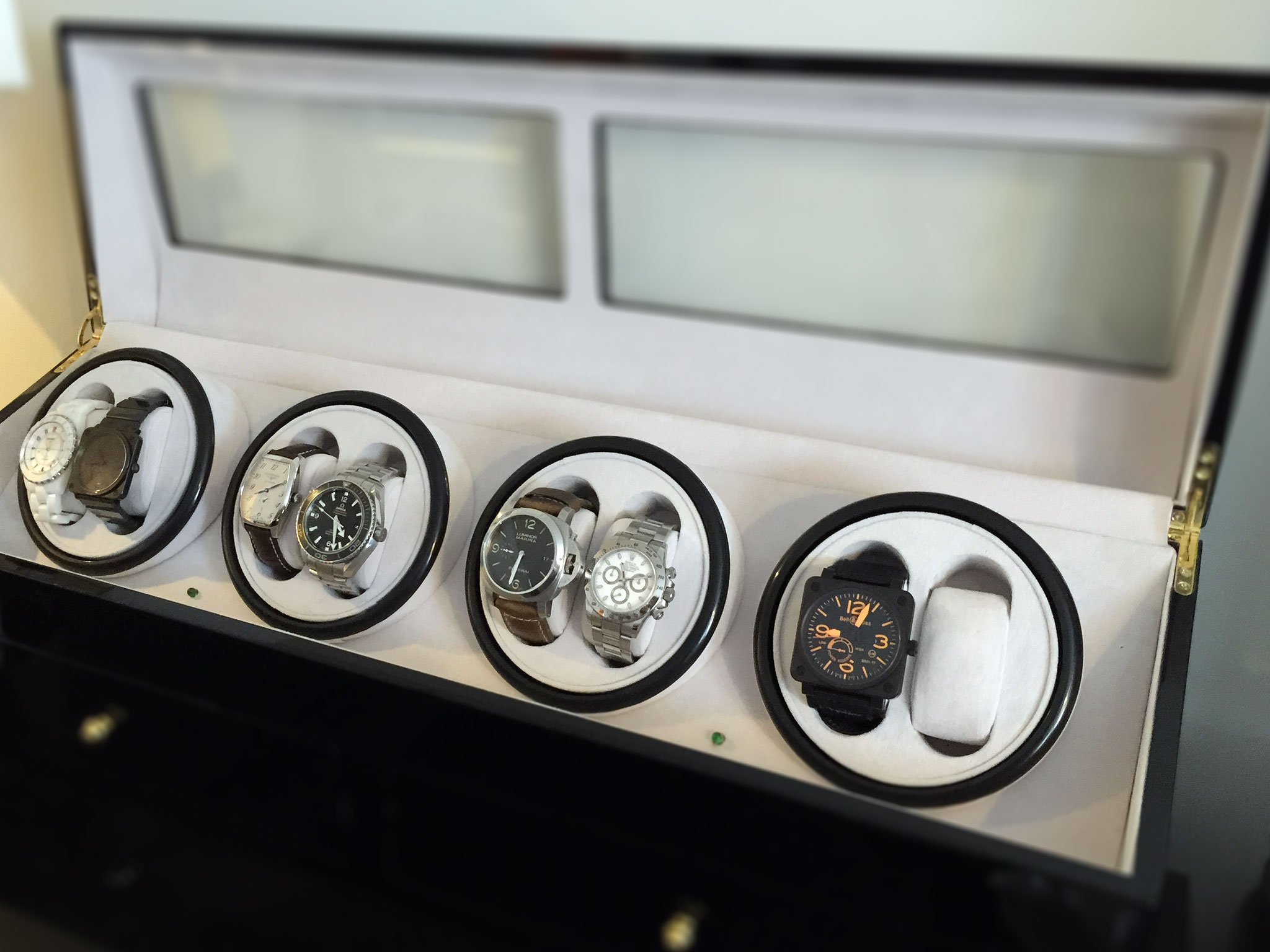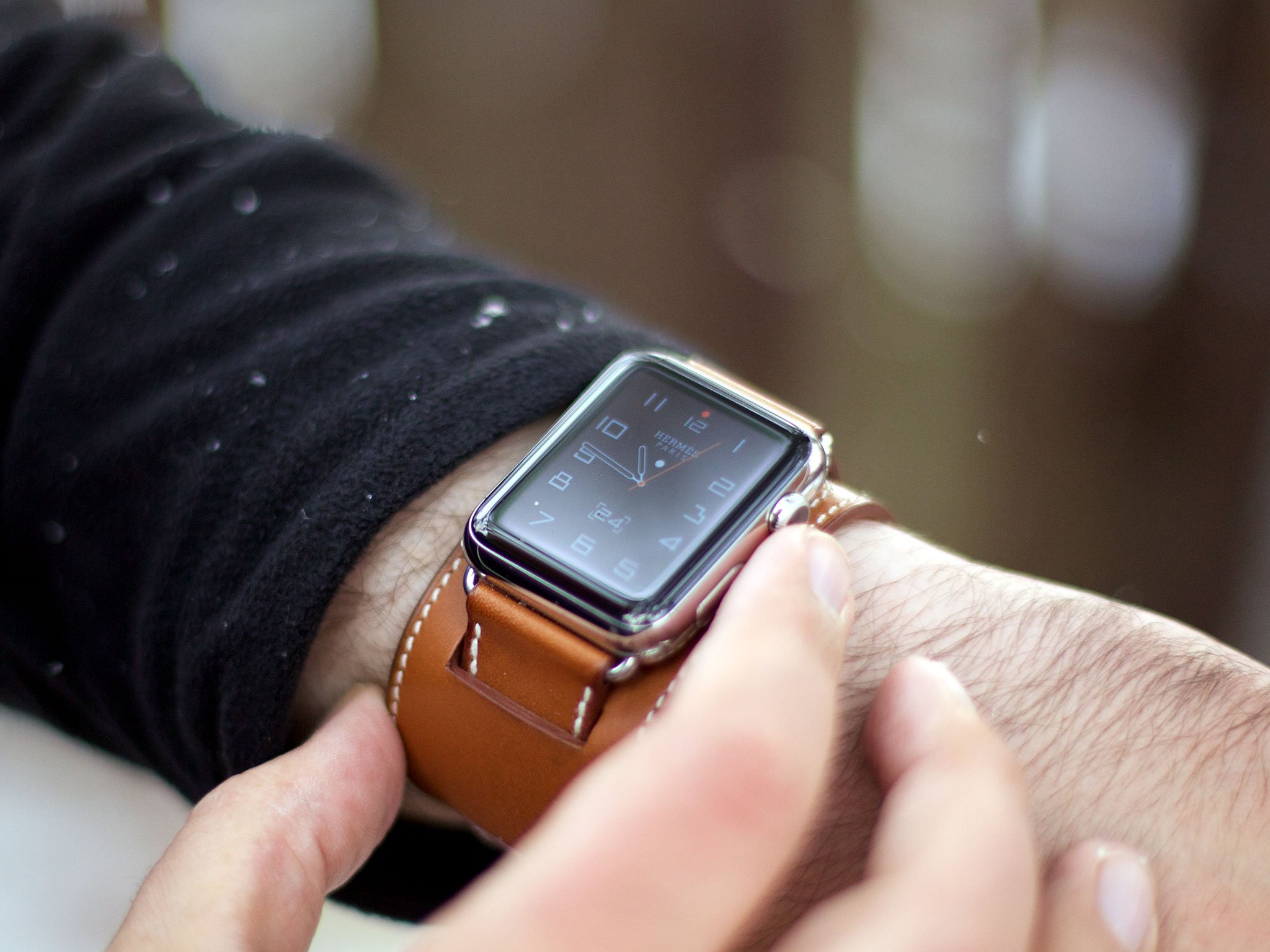Between Apple Watch and a Swiss watch, there's no comparison

The effect of Apple Watch on the Swiss watch industry has been the subject of a lot of headlines, sales scrutiny, and internet angst. But should one really be measured against the other?
It took a long time for the proper technology and vision to unite before Apple brought the Watch to market. The value of glanceable information on a device already worn by millions was clear — just one bit of information (time) or two (time and date) wasn't the best use of such a prime location. Apple changed that with the Watch. Apple put more, and much more useful, information on the wrist.
That doesn't mean Apple Watch is a replacement for a Swiss watch, though. The Swiss watch market was never purely about information on the wrist.

From Rolex to lesser known brands such as Rayville-Blancpain, even the most accurate COSC-certified chronometer will "only" keep time to +2/-2 seconds a day. A cheap digital Quartz watch to +10/-10 seconds a month. Some of the more sophisticated movements, +10/-10 seconds a year. Few if anyone who owns an iconic watch cares about absolute accuracy in timekeeping.
It wasn't just about precious metals either. That's why a stainless steel Rolex can still be highly prized. More than clocks or jewelry, for many fine watches are marvels of mechanical engineering. The best are handmade — or mostly handmade — and represent some of the highest-level craftsmanship in the world. That's the appeal. And that's why some who love Swiss watches may have little or no interest in Apple Watch. That's also why some who have absolutely no interest in a traditional watch may love Apple Watch.
What causes the confusion seen in headlines is simple — Apple called their wrist computer a watch, so it has to be compared to everything else called a watch. That's right, it all comes down to euphemism.

Ever hear someone say they were buying a new album or taping a TV show? It's 2016 and we download an MP3 or TiVo a show but we still use old, traditional terms to help us relate to new, evolving technologies.
Master your iPhone in minutes
iMore offers spot-on advice and guidance from our team of experts, with decades of Apple device experience to lean on. Learn more with iMore!
iPhone makes us think of a phone. Apple TV makes us think of a television. And Apple Watch makes us think of a watch. See what I mean? Apple makes mass market computing products and the company does it by making those products relatable and palatable even to people who might otherwise be loath to put a computer in their pocket, on top of their television, or strap one to their wrist.
But the location — and, yes, the time and date keeping — is about all the Apple Watch and the Swiss watch have in common. They're really not otherwise comparable. Not unless you want the headline.
The Swiss watch market is definitely in decline and there are reasons for that. Apple Watch — and other smart watches — just aren't likely one of them.
I’ve covered the personal technology beat for more than two decades at places like Gartner, Jupiter Research and Altimeter Group. I’ve also had the fun of contributing my $.02 on the topic at Computerworld, Engadget, Macworld, SlashGear and now iMore. Most recently I spent a few years at Apple as Sr. Director of Worldwide Product Marketing. On Twitter I’m an unverified @gartenberg. I still own some Apple stock.

